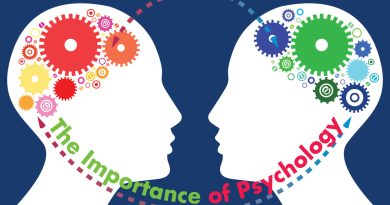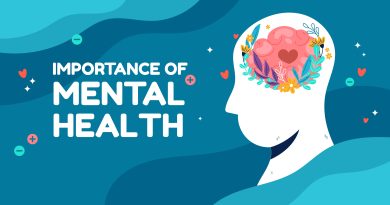Treating Autism and Depression: How to Find the Right Treatment Options
If you have someone with autism, depression, or both, you know that finding the right treatment is vital for living a fulfilling life. Here are some steps you can take to find the best treatment option for your autistic loved one.
Understand the symptoms
Depression is a mental disorder that causes feelings of sadness, loss, anger, or frustration that last two weeks or longer. It can make you feel hopeless, worthless, and alone. Depression can affect sleep, appetite, and concentration. It is a common illness that affects people of all ages, including children, teens, and older adults.
Depression is a treatable illness, and most people improve with treatment. Depression and autism have been connected for years. The symptoms are extremely similar and often go hand in hand. The symptoms that are shared by both of these disorders include anti-social behavior, mental illness, and physical illness. They also share symptoms of depression, lack of motivation, low self-esteem, and lack of self-help. Just like depression, autism is a mental disorder. It’s a neurological disorder that makes it difficult to communicate and interact with others. The symptoms are rather similar to those of depression.
Accessing the right treatment options
Applied behavior analysis (ABA)
ABA is a behavioral therapy that helps children learn new skills and develop positive behaviors. ABA is also used to treat autism. It is a structured educational program designed to teach children new skills and help them learn how to communicate with others through social interactions. It can include one-on-one therapy sessions, playgroups, and other activities.
Sometimes a therapist will work with a child one-on-one. Other times, several children will work with a therapist. Children who have ASD Applied Behavior Analysis Treatment may also attend group sessions with other children who have autism. Some therapists use ABA to treat adults with autism, too.
Cognitive-behavioral therapy (CBT)
Cognitive-behavioral therapy (CBT) is a psychotherapeutic method that is used to treat cognitive, emotional, and behavioral problems. Although it was originally designed as an intervention for mental disorders, it is now used for a wide range of problems, including substance abuse, relationship problems, eating disorders, and performance anxiety. CBT is a short-term therapy intended to change a person’s patterns of thinking or behavior.
Systemic Autism-related Family Enabling (SAFE)
Systemic Autism-related Family Enabling (SAFE) is an intervention for families affected by an individual with autism. It was developed by Dr. Uta Frith in consultation with a team of experts in psychiatry, education, psychology, clinical psychology, and parents of children with autism. It is based on the observation that families of people with autism have unique characteristics and needs. It includes a large number of techniques grouped together into modules, which can be selected on the basis of the needs of the family. The technique is intended to help the family to deal more effectively with the specific problems that are likely to arise in their particular circumstances.
Counseling
Counseling is a process, not an event. It is an ongoing process that is focused on a particular problem, be it depression, anxiety, or any other mental health concern. You will be expected to commit to a course of counseling that may last anywhere from a few weeks to many months. Some counselors may even recommend a course of counseling that spans years – this is a long-term solution to the problem at hand and is not a decision that you should make lightly for your loved ones.
Mindfulness therapy,
Mindfulness therapy is a form of self-treatment that is gaining popularity in the treatment of depression, anxiety, and stress. It is an ancient form of meditation that has been used for thousands of years in Eastern culture and has only recently been used in Western culture. It is a form of meditation that helps a person gain control over the way they think, feel, and react to things. It is a practice that can be used to overcome depression, anxiety, and stress and can be done either alone or with the help of a trained therapist.
TMS therapy
TMS therapy is a non-invasive, drug-free treatment in which electromagnetic pulses are given to the brain via a device that sits on the scalp. It is a treatment that can be used to treat a variety of symptoms of depression, including depression that is resistant to medication or has not responded to other treatments.
TMS therapy is administered by a trained therapist and can be used as a standalone treatment like at Neurostar. It can also be used as a treatment alongside other treatments such as medication and counseling.



